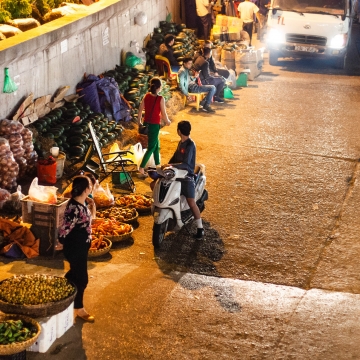Addressing plastic bags consumption crises through store monetary and non-monetary interventions in South Africa
This research analyses the impact of retailer interventions focusing on the promotion of reusable bags to reduce plastic bag consumption. For this purpose, retail outlet data for March 2018–February 2020 was used. The retail outlet data was analyzed using a panel fixed effects model to evaluate the impact of three treatments on plastic and reusable bag consumption in South Africa.


